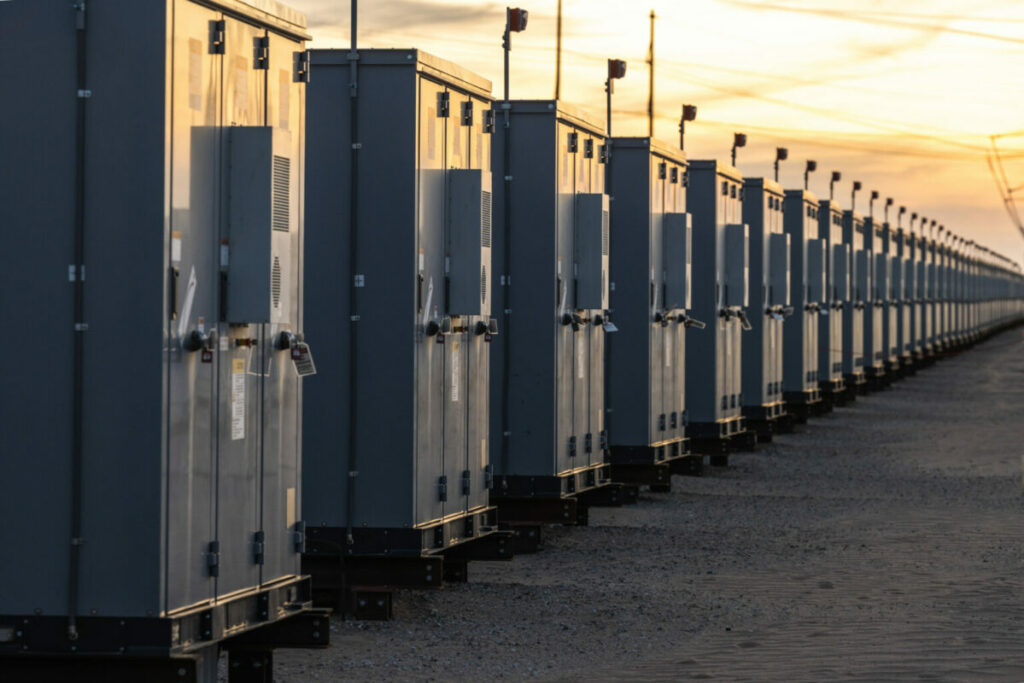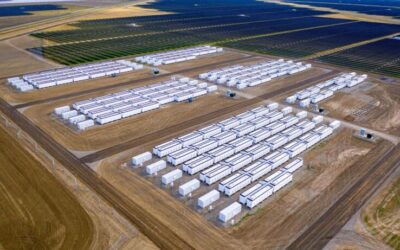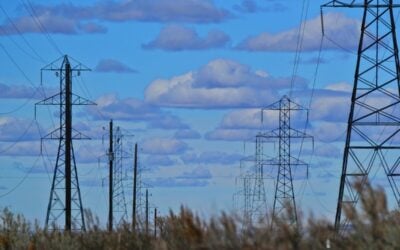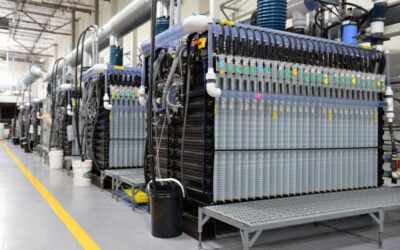
Independent power producer (IPP) Clearway Energy has closed US$421 million in financing for the 147MW/588MWh four-hour Rosamund Central lithium-ion Battery Energy Storage System (BESS) in Kern County, California.
Expected to reach commercial operation in 2024, the project will be paired with the already operational 192MW Rosamund Central solar PV project. The energy storage capacity will be purchased by investor-owned utility Southern California Edison under a Resource Adequacy contract, which requires utilities to ensure the reliability of their energy supplies.
German bank Nord LB acted as coordinating lead arranger for the project financing, and Clearway secured a cash equity close with US climate investment firm HASI.
“Scaling up battery storage is the crucial next step for California’s clean energy transition,” said Steve Ryder, CFO of Clearway Energy Group. “With the successful financing of Rosamond Central BESS, we’re excited to play a role in helping ensure that California’s grid remains reliable and resilient for homes and businesses.”
Try Premium for just $1
- Full premium access for the first month at only $1
- Converts to an annual rate after 30 days unless cancelled
- Cancel anytime during the trial period
Premium Benefits
- Expert industry analysis and interviews
- Digital access to PV Tech Power journal
- Exclusive event discounts
Or get the full Premium subscription right away
Or continue reading this article for free
The storage systems for the Rosamund Central BESS project will be supplied by energy technology firm Wärtsilä, which already has a presence in California; in February it completed a 125MW/250MWh BESS project for REV Renewables. At the start of this year, Clearway bought a 36MW/144MWh solar-plus-storage facility on O’ahu island, Hawaii delivered by Wärtsilä.
In August 2022, Clearway inaugurated the first ever utility-scale solar-plus-storage system on O’ahu, a 39MW/159MWh project. Wärtsilä supplied the battery storage for this site, too.
California’s BESS market has been growing in recent years, in part because of the resource adequacy programme making BESS more attractive and certain for utilities and investors. The California ISO (CAISO) began deploying the scheme in 2004 to keep power supplies reliable and avoid outages in the state.





